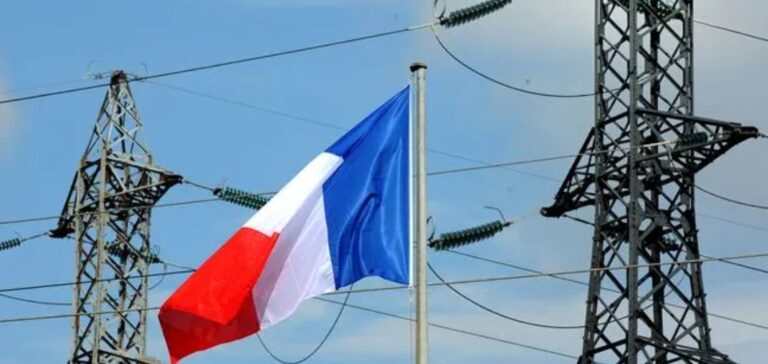The National Energy Ombudsman, Olivier Challan Belval, has revealed that the number of interventions has reached an all-time high since the census began in 2015, with an increase of 3% compared to 2022 and 49% compared to 2019. Of these, 178,000 resulted in power cuts and around 87,300 in gas cuts.
Changes in supplier practices
Faced with this situation, energy suppliers are increasingly adopting the practice of limiting electrical power rather than cutting it off outright. This trend can be explained by a change in the practices of certain suppliers, and by regulatory developments that encourage less drastic approaches.
Call for minimum access to electricity
Olivier Challan Belval made an urgent appeal for minimum access to electricity for all, recommending a total ban on power cuts for unpaid bills throughout the year. He proposes replacing these cuts with a limitation on the power of the electricity meter, pointing out that cuts are currently only forbidden during the winter truce.
Current regulations and their implications
Since February 2023, regulations have evolved to further protect vulnerable consumers. Outside the winter truce, suppliers must now request a power limitation for beneficiaries of the energy cheque or housing solidarity fund before proceeding with a cut-off or termination.
The National Energy Ombudsman plays a crucial role in proposing amicable solutions to disputes between consumers and companies in the sector, and in informing consumers of their rights. This function is essential for managing unpaid bills and ensuring that consumer rights are respected.






















